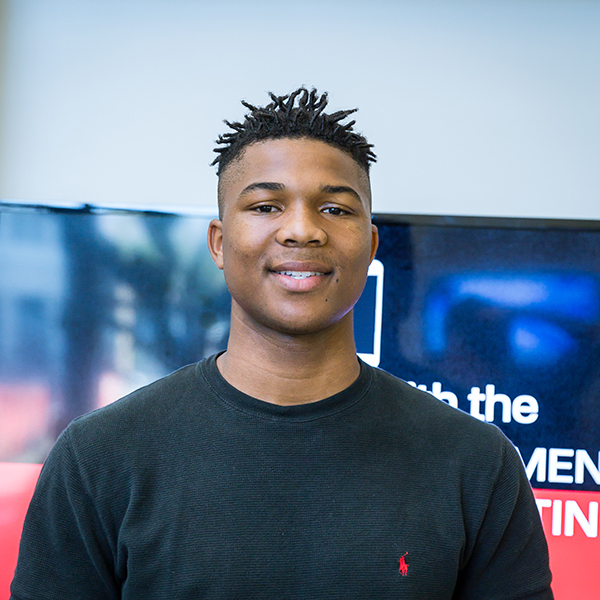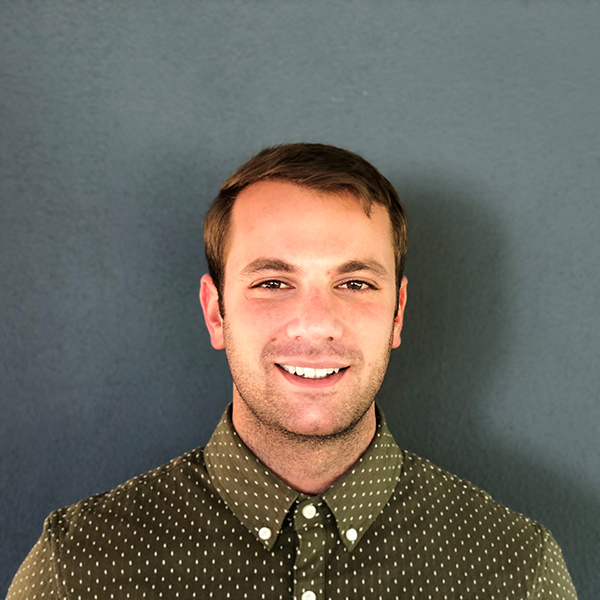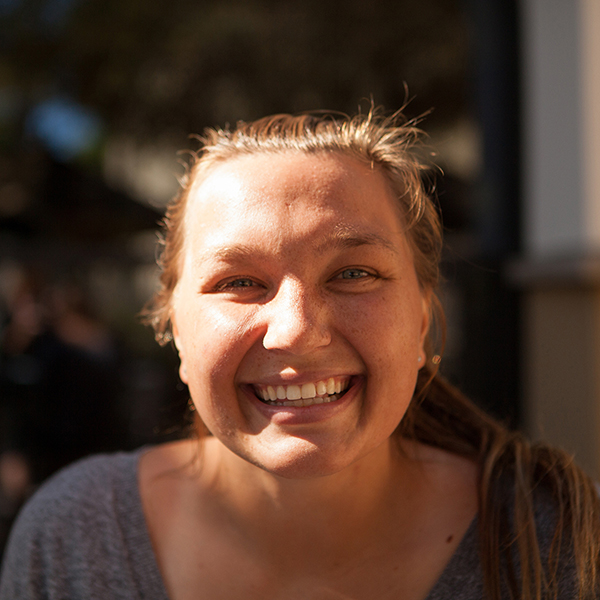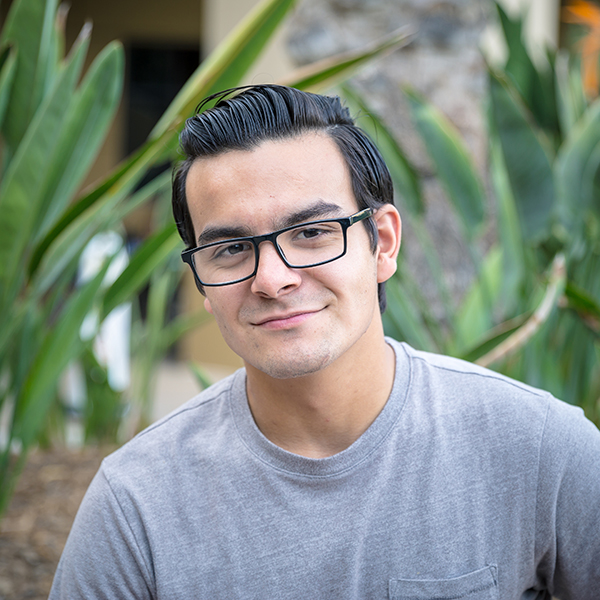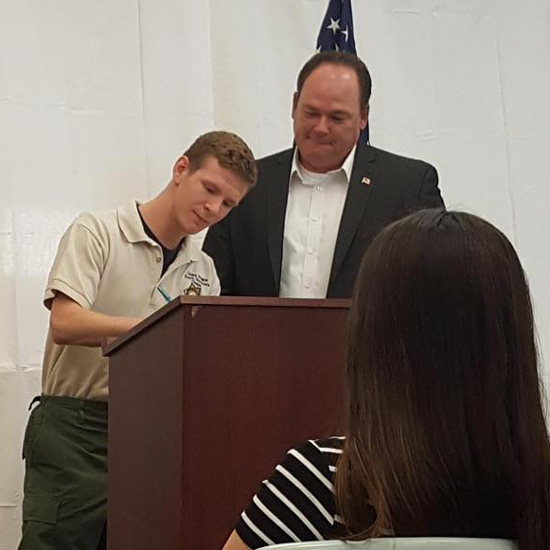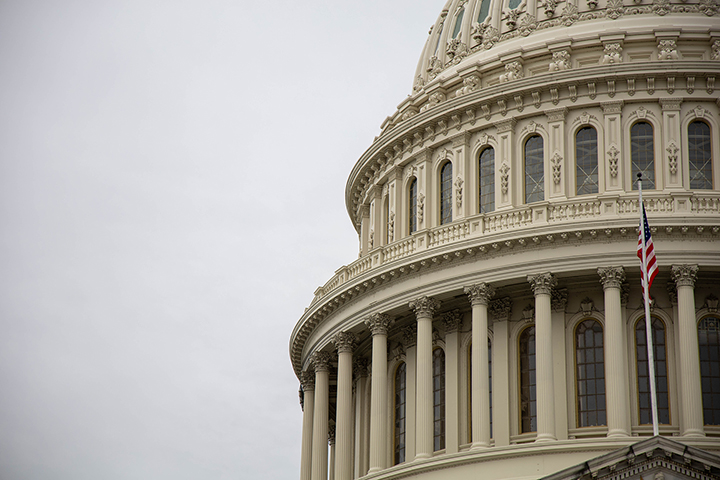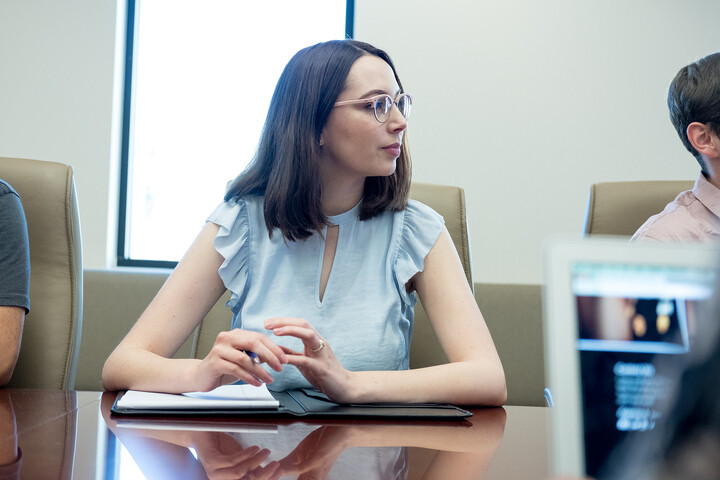
Criminal Justice, BS
The need for ethics in the criminal justice system is as great as ever, which is why integrity is heavily emphasized and a biblical worldview is integrated into CBU’s criminal justice program.
Program Intro
In CBU's criminal justice bachelor's program, students learn both in and out of the classroom, studying historical and global trends in law enforcement and corrections and experiencing mock crime scene investigations.
Why Study Criminal Justice at CBU?
Learn from qualified faculty
Our criminal justice faculty have earned their doctorate or law degrees from top universities and are authentic followers of Christ and excellent teachers. They set the standard in the areas of faith integration, strong student mentoring and helping our students live their purposes. Faculty members have real-world experience in criminal justice, and bring that experience into the classroom.
Receive hands-on training
We see criminal justice as an applied science. That is, it is an object of study but also something that you actually do — hands on. Our students have the opportunity to meet professionals in the criminal justice field on a regular basis. They may perform actual investigations, and receive specific training in various fields, such as CSI, firearms and others. Past students have interned in county, state and federal governmental offices — such as the Secret Service and the Riverside District Attorney’s Office — and many go on to study law, forensic psychology or criminology in graduate school.
Attend conferences across the country
Faculty and students have attend conferences, including the National Institute of Justice Conference in Washington, D.C., and the End Violence Against Women International Conference.
What You'll Learn
Students in CBU's criminal justice bachelor's program will learn to:
- Apply basic criminal justice research concepts and methodology as they are employed
in the application of criminology in policy formation.
- Describe the basic concepts of the American political systems, including federal,
state and local criminal justice systems.
- Analyze the significant issues concerning the criminal justice systems: law enforcement,
courts and corrections.
- Engage in a personal faith pilgrimage, which enables the integration of faith and reason.
Program Details
CJS 341: Minorities and the Criminal Justice System
Students will critically examine the charges of direct and indirect institutional racism within the totality of the criminal justice system.
CJS 421: Narcotics
This course will examine the role of narcotics/drugs in the U.S. criminal justice system and the impact of drugs on crime.
CJS 497: Comparative Criminal Justice
The functions, institutions, and operations of U.S. and foreign criminal justice systems are compared.
- Administration of Justice Concentration

Troy Hinrichs, J.D.
Professor of Criminal Justice
Fellow, Dr. Paul & Annie Kienel Leadership Institute
Office Phone: 951-343-4692
E-mail: thinrichs@calbaptist.edu
Office Location: The Point, Room 221

Robert Rose, D.P.A.
Assistant Professor of Criminal Justice
Office Phone: 951-343-4610
E-mail: rrose@calbaptist.edu
Office Location: The Point 216
Career Possibilities
Criminal justice majors can apply their field of study to a variety of careers in the industry. Some careers listed below may require further education.
- Police Officer
- Crime Scene Investigator
- Parole Officer
- Highway Patrol Officer
- Juvenile Correction Counselor
- Probation Officer
- Private Sector Corporate Security
- Private Investigator
- Social Services Agent
- Victim Services Specialist
- Forensic Scientist
- Attorney
- Federal Agent
- Deputy Sheriff
Related Programs
Next Steps
Join our community. At CBU, you’ll be challenged to become an individual whose skills, integrity, and sense of purpose glorify God and distinguish you in the world.

